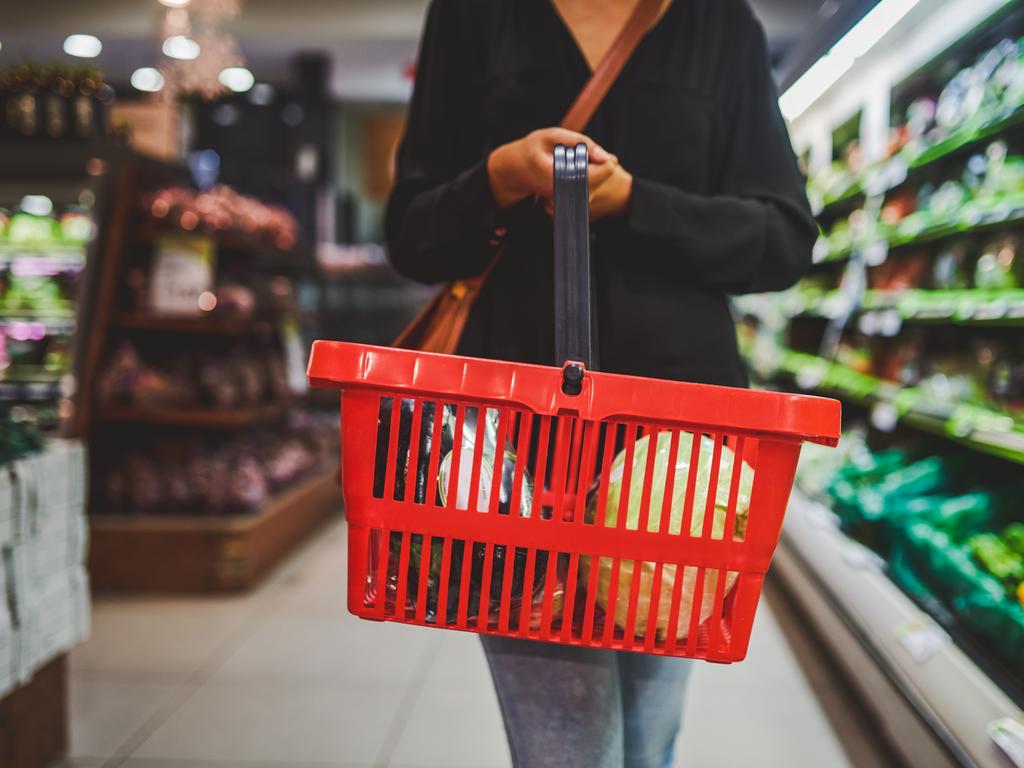People using the ‘European’ shopping method to save on groceries
Social media users have gone wild for what has been branded the “European” method when shopping for their groceries.
If grocery shopping is an area of stress for you, you might want to go the Euro route.
The European shopping method has been making waves on TikTok and is pretty much the opposite of how Americans and many Aussies shop, The New York Post reports.
Rather than going to just one store and purchasing a haul of food for the week, shoppers focus on specific meals, recipes and ingredients.
The method is about getting fewer grocery items and going more often.
“Normalise shopping like a European,” one TikTok user wrote in a video.
“Daily small grocery runs, specialised grocers for different things, buy what you need for the day, splurge on high-quality proteins and cheese, add fresh herbs to simple meals, hand pick produced based on seasonability and freshness.”
While it may be slightly more time-consuming since you have to go more than once a week, it could ultimately save you money and help prevent waste, according to devotees.
The key to the European grocery method is to set a plan before you go to the store so you don’t purchase any unnecessary ingredients or foods that might go bad quickly.
Planning out your meals in advance can also help you envision what items work well together and can be reused for different meals.
For example, vegetables can be utilised as a side, in stir fry, in pasta or in breakfast dishes.
One significant part of the process is not shopping at only one store.
To get products you need for individual recipes, you may go to the grocery store, farmer’s market, bakery, butcher, cheese shop and so on. Of course, that is more suitable for those living in walkable cities.

Another aspect of the method is to limit yourself to what you can carry - especially if you’re walking. For example, if you bring a tote for your shopping run, only purchase what you can fit in that bag.
The Euro method can be particularly useful for people with smaller kitchens or those who are only cooking for one or two people, as well as those trying not to hurt their wallets.
Buying only what you need can help prevent a situation where you’re tossing out items that you have not eaten but went bad, like fruit and vegetables, which is a clear waste of money.
Some items might be less expensive at different locations, too. Produce is sometimes cheaper at a farmer’s market, while meat may be more reasonably priced at a grocery store.
This article originally appeared on The New York Post and has been republished with permission.





